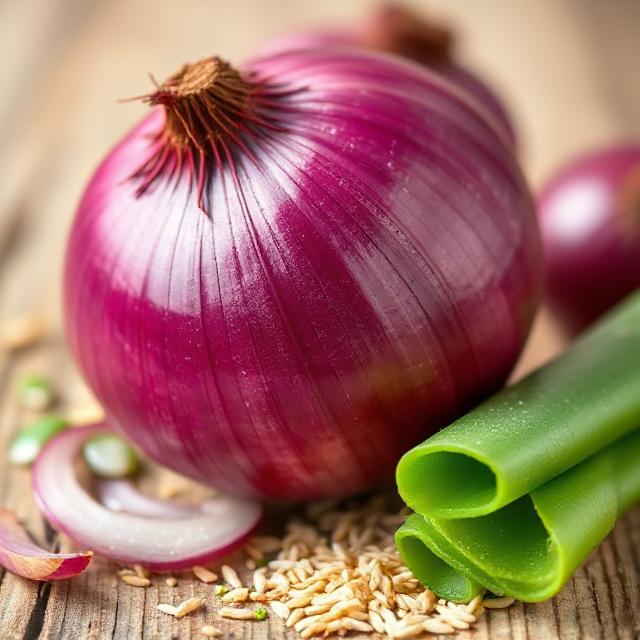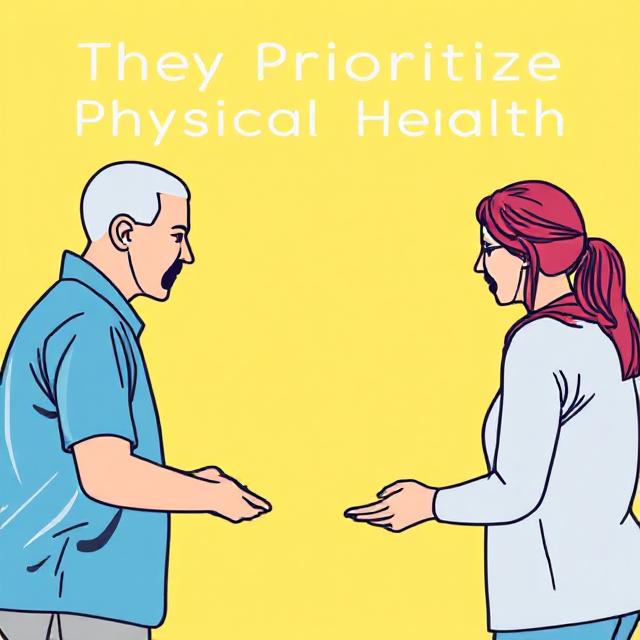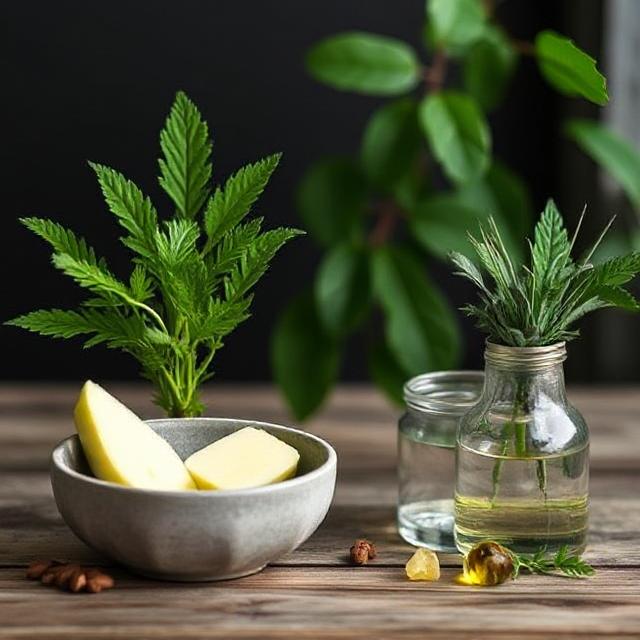
Table of Contents
Introduction
Hair fall affects millions of people across the globe, regardless of age or gender. While hair loss may seem inevitable, the good news is—you can stopping hair fall naturally. In 2025, with rising awareness and a return to ancient wisdom, natural methods are making a strong comeback.
This ultimate guide covers powerful home remedies, expert advice, essential nutrients, and daily habits to help you restore your hair’s strength—naturally and safely. And You are stopping hair fall naturally.
What Causes Hair Fall in 2025?
Hair fall in today’s fast-paced world is triggered by multiple internal and external factors, including:
1. Hormonal Imbalance
Conditions like PCOS, thyroid disorders, or menopause often trigger hormonal shifts that affect the hair growth cycle.
2. Nutritional Deficiencies
Low levels of iron, biotin, vitamin D, and zinc can weaken hair roots and reduce growth.
3. Chronic Stress
Emotional stress elevates cortisol levels, affecting your scalp’s health and hair regrowth.
4. Pollution and Water Quality
Hard water, dust, and chemical pollutants clog follicles and irritate the scalp.
5. Excessive Styling
Heat tools, tight hairstyles, harsh shampoos, and chemical treatments damage the hair shaft over time. Plz stop this otherwise you are not stopping hair fall.
Good Hair vs Bad Hair: A Quick Comparison

| Feature | Good Hair | Bad Hair |
|---|---|---|
| Texture | Smooth, soft, and consistent | Rough, dry, or brittle |
| Shine | Natural shine and luster | Dull or matte appearance |
| Elasticity | Stretches slightly and returns to shape | Breaks easily with minimal stretching |
| Scalp Condition | Clean, flake-free, balanced oil production | Itchy, flaky, or overly oily |
| Breakage | Minimal breakage during combing | Frequent breakage and split ends |
| Hair Growth | Grows steadily (1/2 inch per month) | Slow or stagnant growth |
| Moisture Retention | Holds moisture well | Feels dry even after conditioning |
| Tangle Resistance | Detangles easily | Gets tangled or knotted frequently |
| Porosity | Normal absorption of water/products | Overly porous or resistant to moisture |
| Scalp Odor | Neutral, fresh scent | Musty or greasy odor |
Why Natural Remedies Still Work Today
In 2025, natural remedies have proven to be just as effective—if not more—than commercial stopping hair fall treatments, especially when used consistently. Here’s why:
- Minimal side effects compared to drugs
- Safe for all hair types and ages
- Affordable and easily available
- Work holistically on scalp health, root strength, and growth stimulation
According to Cleveland Clinic, diet and lifestyle changes remain foundational in treating hair loss.
Best Natural Remedies for Hair Fall

1. Onion Juice
Contains sulfur that boosts collagen and stopping hair fall follicle strength And after using you are 5% stopping hair fall.
How to Use:
- Blend onion and extract juice
- Apply to scalp using cotton
- Leave for 20–30 mins
- Rinse with mild shampoo
Frequency: 2–3 times/week
2. Aloe Vera Gel
Balances pH, treats dandruff, and encourages healthy follicles.
How to Use:
- Cut fresh aloe leaf and scoop gel
- Massage directly onto scalp
- Leave for 40 mins, then wash
3. Fenugreek (Methi) Seeds
Rich in protein and nicotinic acid, it repairs damaged hair shafts. A nd after using you are stopping hair fall.
How to Use:
- Soak seeds overnight
- Grind into paste
- Apply and rinse after 30 minutes
4. Rice Water
Inositol in rice water strengthens strands and enhances shine and help you stopping hair fall.
How to Use:
- Boil rice, strain water
- Cool, and use as a final hair rinse
5. Bhringraj Oil
Used in Ayurveda for centuries to reduce stopping hair fall and promote density.
Read more: How to Treat Common Health Issues Naturally at Home
How Diet Affects Hair Health
A diet lacking essential nutrients will reflect in brittle, thinning hair. Here’s a sample weekly meal plan designed to reduce stopping hair fall:
Hair-Boosting Weekly Diet Plan
| Day | Breakfast | Lunch | Dinner |
|---|---|---|---|
| Monday | Oats + Almonds | Spinach Lentils + Rice | Quinoa + Grilled Tofu |
| Tuesday | Eggs + Avocado | Brown Rice + Broccoli | Baked Fish + Salad |
| Wednesday | Smoothie + Chia | Chickpea Salad | Stir-Fried Vegetables |
| Thursday | Greek Yogurt + Berries | Sweet Potatoes + Greens | Vegetable Soup |
| Friday | Poha + Flax Seeds | Chicken + Brown Bread | Stir-Fried Shrimp |
| Saturday | Paneer Wrap | Rajma + Chapati | Vegetable Curry |
| Sunday | Fruit Bowl + Seeds | Mixed Bean Salad | Boiled Egg + Spinach |
Also include:
- Zinc-rich foods: Pumpkin seeds, oysters
- Iron-rich foods: Lentils, spinach
- Vitamin D: Sun exposure, egg yolk, fortified milk
- Biotin: Eggs, nuts, whole grains
Essential Oils That Fight And Stopping Hair Fall.
| Oil | Primary Benefit | How to Use |
|---|---|---|
| Rosemary Oil | Stimulates blood circulation | Mix with coconut oil, massage |
| Lavender Oil | Reduces inflammation | Apply diluted, leave overnight |
| Tea Tree Oil | Antifungal & dandruff relief | Add drops to shampoo |
| Castor Oil | Strengthens hair shafts | Use with olive oil weekly |
| Peppermint Oil | Promotes regrowth | Mix with carrier oil |
Daily Habits to Prevent Hair Fall
These habits support natural remedies and accelerate results:
- Avoid over-washing hair (2–3 times/week is ideal)
- Use mild, sulfate-free shampoo
- Air dry hair instead of blow-drying
- Don’t comb wet hair—use a wide-tooth comb after drying
- Tie hair loosely—tight hairstyles weaken roots
- Sleep on silk or satin pillowcases
- Stay hydrated (8–10 glasses/day)
- Scalp massages increase blood flow and stimulate follicles
Also read: 10 Simple Daily Mindfulness Practices for a Calmer Life
Green Tea Rinse vs Onion Juice: Remedy Comparison
| Feature | Green Tea Rinse | Onion Juice |
|---|---|---|
| Main Compound | EGCG antioxidants | Sulfur and quercetin |
| Hair Growth Effect | Mild to moderate | Strong regrowth support |
| Smell | Pleasant | Strong and pungent |
| Preparation Time | Quick (boil tea, cool) | Requires chopping & blending |
| Side Effects | Rare (safe for daily use) | May irritate sensitive skin |
| Usage Frequency | Daily or alternate days | 2–3 times per week |
| Dandruff Control | Yes | Partially effective |
Conclusion:
Green tea is suitable for regular use and scalp maintenance, while onion juice is more intensive and ideal for visible hair regrowth and helping stopping hair fall.
Common Mistakes That Make Hair Fall Worse
Avoiding these pitfalls can protect your scalp and strands:
- Using harsh chemical shampoos
- Over-conditioning the scalp
- Tight ponytails and buns
- Skipping oiling or scalp massage
- Ignoring dandruff or itchiness
- Relying solely on supplements without dietary improvements
- Stress and poor sleep routines
When to Seek Medical Advice
While natural methods work for most, there are times when professional help is necessary. Consult a dermatologist if you notice:
- Sudden or patchy hair loss
- Visible scalp or bald spots
- Excessive hair in your comb or shower
- No improvement after 8–12 weeks of natural treatment
- Underlying conditions (PCOS, thyroid, anemia)
Use this American Academy of https://www.aad.org/member/find-a-memberDermatology directory to find a certified expert near you.
Final Thoughts
In 2025, hair care is not about trends—it’s about balance. Natural remedies offer a proven, effective way to stopping hair fall and regrow healthier, stronger hair. By combining the right home remedies, a balanced diet, and smart habits, you can treat the root causes and nourish your scalp long-term.
Consistency is key. Choose remedies that suit your lifestyle, give them time to work, and be patient with the process.
FAQs
Q1: How long do natural remedies take to show results?
A: Most users notice visible improvement within 4 to 8 weeks of consistent use.
Q2: Are these methods safe for teenagers?
A: Yes, most remedies like aloe vera, fenugreek, and coconut oil are safe for all age groups.
Q3: Can I use multiple remedies together?
A: Yes. You can alternate onion juice, aloe vera, and oil massages throughout the week.
Q4: Are there any side effects?
A: Natural remedies are generally safe, but always patch-test to avoid allergic reactions.
Q5: Do these remedies work for genetic hair loss?
A: They may slow it down and improve scalp health, but severe genetic loss might need medical treatment.






